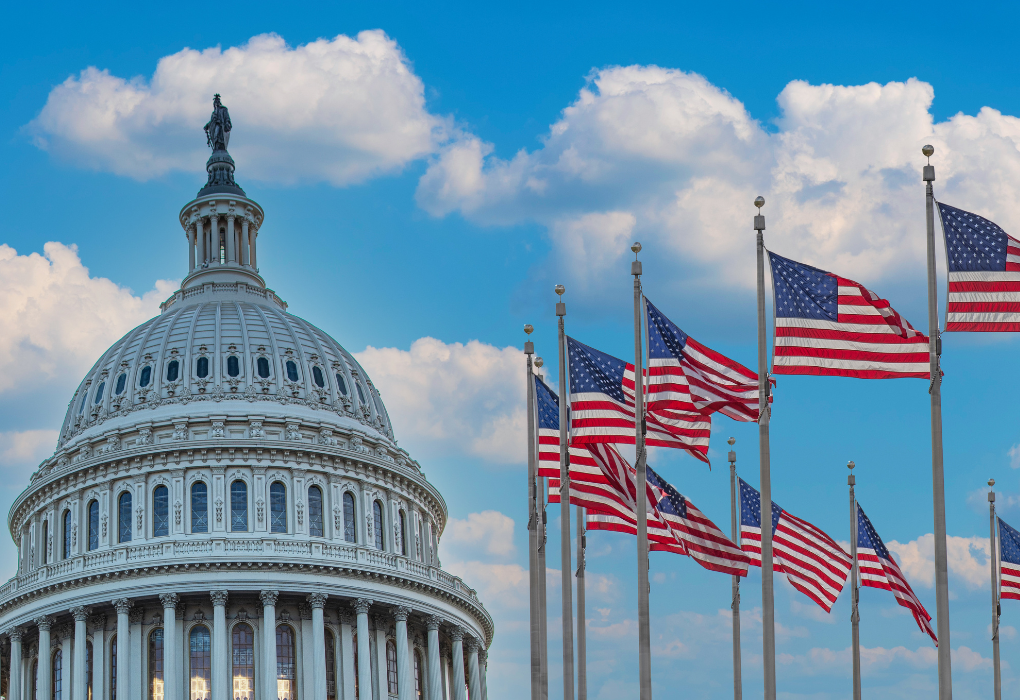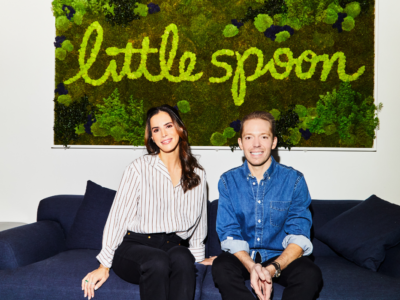As Little Spoon continues to trailblaze the baby food industry, delivering transparency and honesty across its food safety standards, the federal government has a lot of catching up to do. Why should parents add ‘worrying about the safety of the food that their children consume’ to their mental list of to-do’s? News flash—they shouldn’t. So, how can the United States make up for their lack of gametime here to make baby food more safe once and for all?
Set Heavy Metal Limits for Baby Food
The FDA continues to research heavy metals and develop action levels as a part of the Closer to Zero initiative, but no explicit regulations are in place today. The European Union has set impeccable and precautionary standards for the amounts of heavy metals that are allowed in baby food. Through these standards, the EU takes extraordinary measures before proving that something is safe to include in a food product. In the U.S., the government seeks an opposing approach, where something must prove itself readily harmful before being removed from the market entirely. The EU’s regulations inspired Little Spoon’s standards by setting limits for how much lead, arsenic and cadmium can be safely consumed in baby food. We measure our test results in PPB. To put it in perspective how much metal we are talking about, imagine 1 PPB as a single drop of water in an Olympic sized swimming pool. Heavy metals, pesticides, and plasticizers cannot exceed this very small amount, and the same strict limit applies to all of Little Spoon’s Babyblends, Baby Cereal, Biteables, Smoothies + YoGos
Eliminate the Use of Artificial Colorings
Let’s face it—there’s nothing positive about anything with “artificial” in the name. The same goes for food dyes and colorings that are used to improve the appearances of the foods that we consume. In fact, the European Union issues warning labels on foods that contain food dyes. Some studies have linked certified synthetic colors to the development of ADHD, hyperactivity and other neurobehavioral issues in young children. In the U.S. these colorings are often used to dye the junk foods that our children know because of their iconic and vibrant hues. Some states have begun to make strides in regards to tackling the use of artificial food dyes, like California. In 2024, the California School Food Safety Act became the first law in the U.S. to ban six certified synthetic dyes from food served in the state’s public schools. This initiative is a huge first step toward protecting children from the dangerous chemicals that embody the processed foods in our nation. Little Spoon has an entire list of “NO” ingredients, which includes artificial colorings, that you will never find in any Little Spoon product, not just baby food. Ranging from additives, to toxins, pesticides, dyes and more, you can view the full list of 100+ ingredients here.
Create Legislation to Take Weight Off of Independent Food Manufacturers, like Little Spoon
Right now, Little Spoon remains the only baby food brand in the United States to test against the European Union standard for over 500 toxins and contaminants, including plasticizers, heavy metals and pesticides. This tremendous initiative has created a sense of transparency and trust among Little Spoon customers, and helps to make up for the absence of regulation that parents deserve. Little Spoon did not wait for the government to issue standards for heavy metals and other contaminants for baby food because parents need confidence that their children are consuming a safe and nutritious diet.



